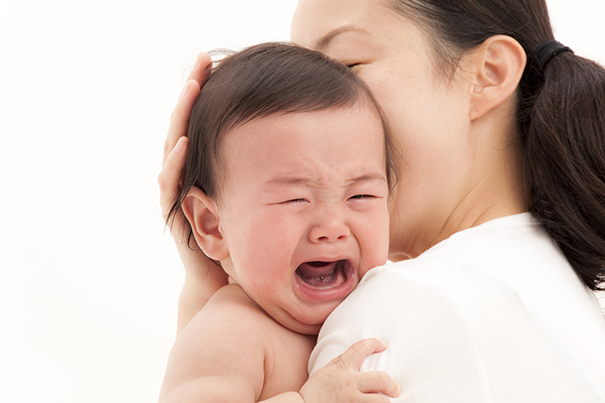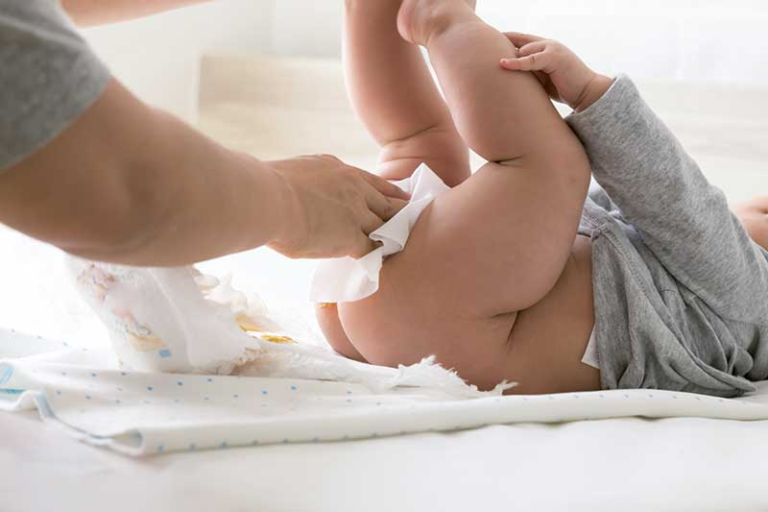Why Babies Cry and How to Soothe Them: Tips for New Parents

Understanding why your baby cries and knowing how to soothe them can be challenging but rewarding. Here’s a comprehensive guide to help you calm your crying baby, regardless of the reason behind their tears.
Common Reasons Why Babies Cry
Hunger
Hunger is one of the most common reasons babies cry. Recognizing early hunger signs, such as fussing, lip-smacking, rooting, or putting their hands to their mouth, can help you feed your baby before they start crying.
Stomach Problems from Colic and Gas
Babies often cry due to tummy troubles like gas or colic. Colic is typically described as intense, inconsolable crying for at least three hours a day, three days a week, for three weeks or more. If your baby cries frequently after feeding, they might be experiencing gas pain. Try infant gas drops, gripe water, or gentle leg bicycling to relieve gas.
Needs to Burp
Some babies need to burp after feeding to release swallowed air that can cause discomfort. If your baby cries after feeding, try burping them to see if it helps.
Dirty Diaper
A wet or dirty diaper can be uncomfortable for babies. Check and change your baby’s diaper if they are crying.
Related: Five Types Of Baby Cries And What They Might Mean?
Needs Sleep
Tired babies may cry instead of easily falling asleep, especially if they are overtired. Look for signs of tiredness, like yawning, and put your baby to sleep before they become too fussy.
Wants to Be Held
Babies often cry because they want to be held and feel secure. Holding your baby close, wearing them in a carrier, or cuddling can help soothe them.
Temperature Discomfort
Babies may cry if they are too hot or too cold. Ensure your baby is dressed appropriately and comfortable in their environment.
Pain or Discomfort
Babies might cry due to something as minor as a hair wrapped around a toe or a scratchy clothing tag. Check for any signs of discomfort and address them.
Teething Pain
Teething can cause significant discomfort, leading to crying. Feel your baby’s gums for emerging teeth and consider teething toys or remedies.
Overstimulation or Understimulation
Babies can cry from too much or too little stimulation. Find a balance by providing a calm environment or engaging activities as needed.
Not Feeling Well
If your baby continues to cry despite meeting all their needs, they might be unwell. Check for fever or other signs of illness and consult a doctor if necessary.
How to Help Your Baby Stop Crying
Offer Something to Suck On
Sucking can be calming for babies. Offer a pacifier, a clean finger, or let them nurse.
Snuggle and Swaddle
Newborns feel secure when swaddled or held close. Try swaddling your baby in a blanket or holding them against your shoulder.
Play Music or White Noise
Soothing sounds can help calm your baby. Try playing gentle music, singing, or using white noise like a fan or a vacuum cleaner.
Fresh Air
Sometimes stepping outside with your baby can instantly stop their crying. The change in environment can be refreshing.
Warm Water
A warm bath or shower can be soothing for babies. Ensure the water is warm but not too hot and that the environment is safe.
Gentle Motion
Babies often calm down with gentle motion. Try rocking, using a swing, taking a stroller walk, or going for a car ride.
Massage
Gentle massage can help soothe your baby. Use slow, gentle movements to provide comfort.
Coping When Your Baby Keeps Crying
If your baby continues to cry despite your best efforts, remember that it’s okay to take a break. Put your baby in a safe place and step away for a few minutes to regroup. Call a friend or relative for support, listen to music, or take deep breaths to calm yourself.
Never shake your baby out of frustration. Shaking can cause serious injury. Always seek help if you feel overwhelmed.
Conclusion
Understanding why your baby cries and learning how to soothe them can make parenting more manageable and rewarding. With patience and practice, you’ll discover what works best for your little one, ensuring they feel safe, secure, and loved.






